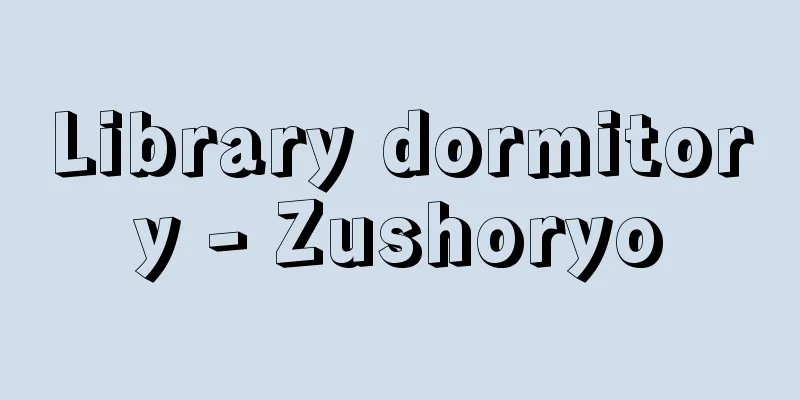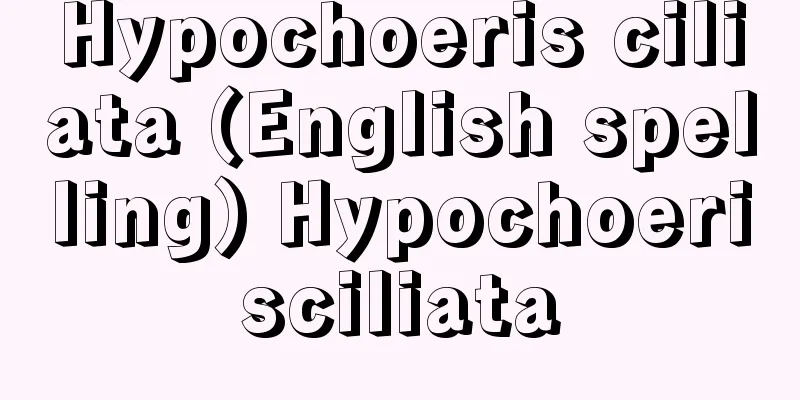Choi Ho - The best

|
A politician of the Northern Wei dynasty in China. His courtesy name was Boyuan. He was from the Cui family of Qinghe County (Hebei Province), a top-ranking Han aristocrat during the Northern and Southern Dynasties. Since his father's generation, Cui Hao was recognized for his ability as a notable person and administrative skills, and served the Northern Wei dynasty of Xianbei descent. Cui Hao was fair-skinned and had the appearance of a beautiful woman, but she was well-versed in classics, history books, law, astronomy, and the study of yin and yang, and was skilled in scheming. During the reign of Emperor Taiwu, he assisted the emperor and contributed to the unification of northern China, and was the first Han person to rise to the position of Situ (one of the highest ranks of bureaucrats) in the Northern Wei dynasty. Sitting at the center of power, Cui Hao attempted to eliminate the Hu style and restore Han-style society, appointing many Han bureaucrats, revising the legal code, creating a calendar, and controlling religion. One such step was to reject Buddhism, which had been introduced from the Western Regions, and to make Kou Qianzhi's Taoism the state religion. However, his heavy-handed approach eventually drew opposition from the Xianbei aristocrats, and he was condemned for the insulting descriptions in the Northern Wei national history he compiled, and was executed. Cui Hao and his son were also highly regarded for their calligraphy, along with the Lu family of Fanyang. [Tomomi Sato] Source: Shogakukan Encyclopedia Nipponica About Encyclopedia Nipponica Information | Legend |
|
中国、北魏(ほくぎ)の政治家。字(あざな)は伯淵(はくえん)。南北朝時代の一流漢人貴族である清河(せいが)郡(河北省)の崔氏の出身。父(宏)の代から名望家としての力量と行政的手腕を見込まれ、鮮卑(せんぴ)系の北魏王朝に仕えた。崔浩は色白で美婦人のような容貌(ようぼう)でありながら、経書、史書、法律、天文、陰陽の学に通じ、計謀にたけていた。太武帝の時代には帝を補佐して華北統一に貢献し、北魏において漢人として初めて司徒の官(官僚の最高位の一つ)にまで上った。権力の枢要に座った崔浩は、胡(こ)風を除去して漢的社会を回復しようと試み、漢人官僚を多数登用し、律令を改定し、暦をつくり、宗教を統制した。西域(せいいき)伝来の仏教を排斥して寇謙之(こうけんし)の道教を国家宗教としたのもその一連である。しかし、彼の強引なやり方はやがて鮮卑系貴族の反発を買い、彼が編纂(へんさん)した北魏の国史に鮮卑を侮辱する記述があると弾劾され、族誅(ぞくちゅう)の刑を受けた。崔浩父子は范陽(はんよう)の盧氏(ろし)とともに書においても評価が高かった。 [佐藤智水] 出典 小学館 日本大百科全書(ニッポニカ)日本大百科全書(ニッポニカ)について 情報 | 凡例 |
<<: Daylighting - Best (English)
Recommend
Imokawa - Imokawa
[1] [Noun] Abbreviation of "Imokawa Udon (Pot...
Descending scale - Kako Onkai
...In Western Asia, there is also a theory that i...
Ball (medicine) - moxibustion
…The name medulla oblongata originally comes from...
Molding (English spelling)
Also called "Kurikata" (molding). A tech...
Sankey, ID (English) SankeyID
…American Congregationalist evangelist. He was an...
Canton (English spelling)
A city in northeastern Ohio, United States. It is ...
Ichijoji Daisojo - Ichijoji Daisojo
...A Tendai Buddhist monk from the late Heian per...
Masuho Zankou
Year of death: September 26, 1742 (October 24, 174...
Bourbon, Duc de (English spelling) BourbonDucde
…[Hiroyuki Ninomiya]. … *Some of the terminology ...
Patria potestas (English spelling)
…The idea of the “family state” is a typical ex...
Water shield (Brasenia schreberi) - Water shield (Brasenia schreberi)
A perennial aquatic plant of the Nymphaeaceae fami...
Polish movies - Polish movies
Film production in Poland began in 1902 when a you...
Bird Moth - Bird Moth
A general term for insects in the Lepidoptera fami...
Goji
From the mid-Heian period onwards, the Go no Tsuk...
Gerasimov, Sergei Apollinarievich
Born: May 21, 1906, Ural [Died] November 28, 1985....









![Gihon [River] - Gihon](/upload/images/67d05639ce690.webp)